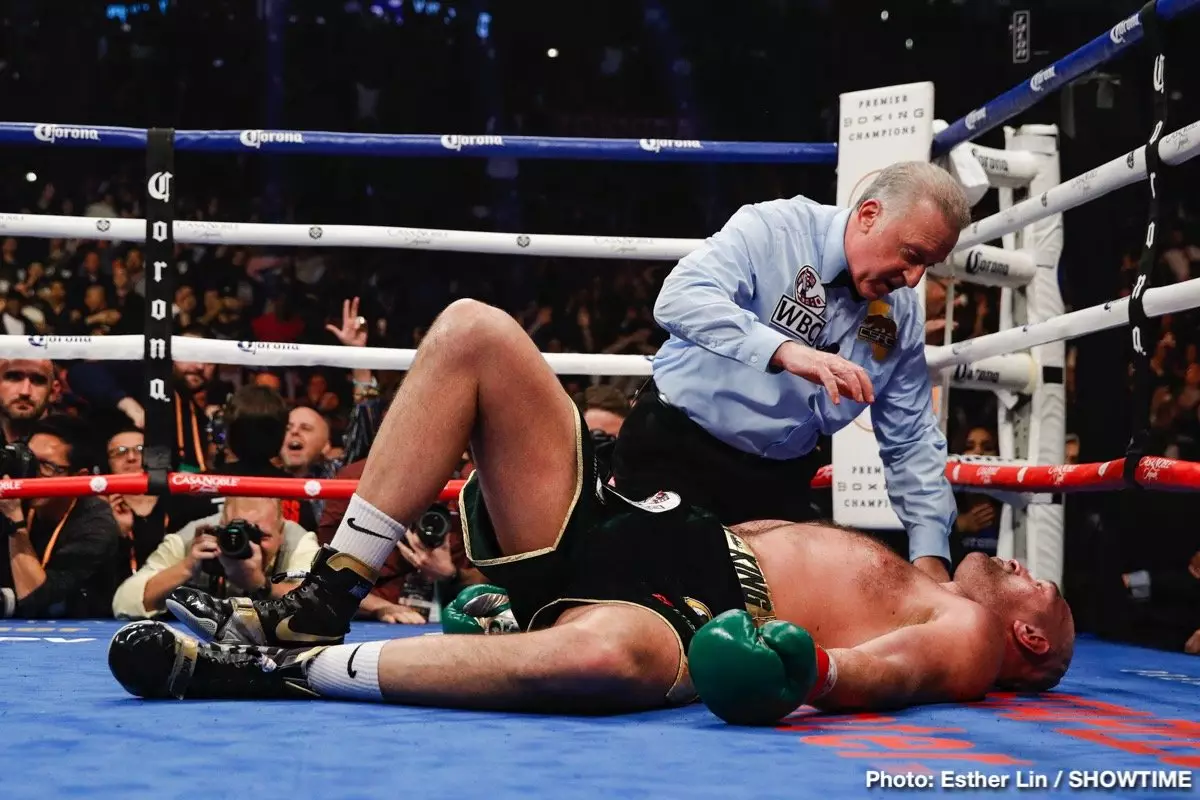In the world of boxing, the contentious debate surrounding judging and officiating often takes center stage, especially as fighters assert their perspectives ahead of bouts. Tyson Fury, the flashy heavyweight champion, recently shared his views as he prepared for a rematch against Oleksandr Usyk. With a record of 34 wins, one loss, and one draw, Fury’s track record is undeniably impressive. However, when it comes to the decisions rendered by judges, Fury suggests that rather than outright “robberies,” differences in perspectives play a crucial role in how contests are scored.
This perspective introduces the complexities associated with boxing judgments. When two fighters step into the ring, two vastly different interpretations of the same matchup can lead to dramatically different conclusions about who deserves to win. For Fury, the judgments rendered by the judges represent individual impressions based on performance, strategy, and various qualitative factors, rather than unanimous standards. Such a claim, however, raises pressing questions about the consistency and reliability of judging in the sport.
Fury’s assertions underscore a critical issue within boxing: the subjective nature of scoring and officiating. During his last fight against Usyk, one judge scored the bout 114-113 in favor of Fury, setting him apart from his peers who largely viewed Usyk as the victor. This scenario exemplifies how individual perceptions can lead to disparities in judgment, even when many viewers may have witnessed a convincing performance by one fighter.
This situation brings to light a critical observation: while judges have their own interpretations, the role of referees is equally significant. The authority they wield in managing the fight can dramatically alter the trajectory of the outcome. In analyzing the fights of Fury, it’s evident that the decisions made by referees have played a pivotal role in shaping his career. Referees not only administer counts but also decide when to stop fights, which can either benefit or hinder a contestant’s prospects for victory.
A Glimpse into Controversial Fights
Throughout Fury’s career, several notable fights sparked allegations of favorable treatment. Take, for example, his initial encounter with John McDermott in 2009—a fight Fury won, but was met with widespread analysis suggesting that McDermott was more deserving of the win. Much to the dismay of fans and critics alike, the referee’s decision was seen as errant, further solidifying doubts about boxing’s officiating methods.
In the ring’s crucible of challenges, heated debates unfold around the controversial nature of refereeing when examining his bouts with Deontay Wilder. Notably, in their first showdown, Fury appeared to be knocked out in the twelfth round but was revived by a count. Observers felt that the referee’s decisions salvaged Fury that day. Moreover, his third bout with Wilder raised eyebrows with claims that the referee’s count was sluggish during a crucial moment, casting shadows over the integrity of the result.
Fury’s perspective on judging results invites broader conversations about the standards by which the sport operates. While he dismisses the notion of ‘robberies’ in favor of subjective judgment, this stance can diminish the significant implications surrounding decisions that easily shift a fighter’s trajectory or legacy. The public’s trust in boxing’s integrity has long been straining under the weight of frequent controversies, accusations, and mismatched interpretations of performances.
Additionally, as Fury prepares for his upcoming rematch with Usyk, the anticipation remains high, not just for determining a victor but also for evaluating how the judging and officiating impacts the fight’s outcome. This situation will undoubtedly test the credibility of the judging system, and as Fury continues to navigate through his boxing journey, he must also contend with the scrutiny that comes with his achievements and the decisions that have aided his ascent.
As the sport grapples with questions of fairness, objectivity, and individual perceptions, the dynamic between judges, referees, and fighters remains as intricate as the sport itself—an ongoing debate that keeps fans engaged and institutions challenged.

